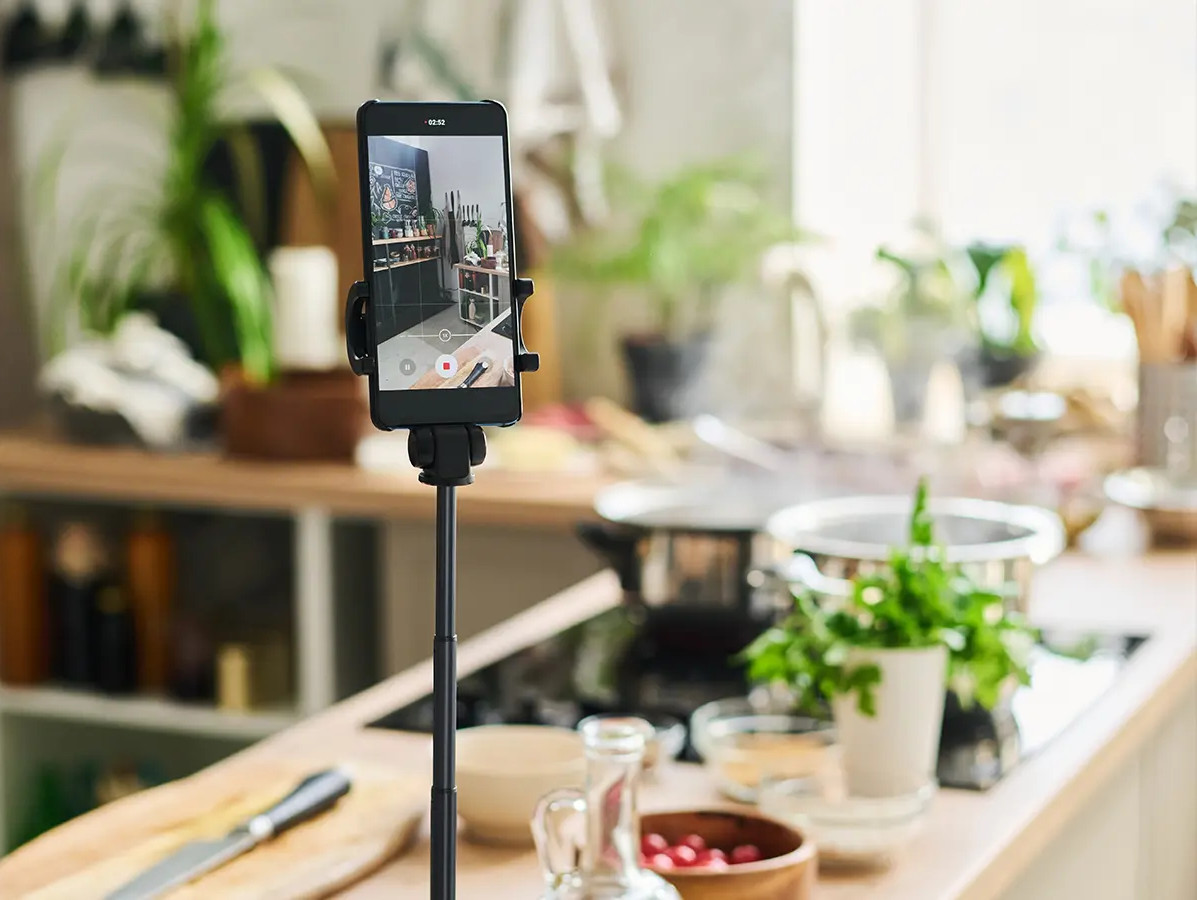
Sustainability is becoming increasingly important in consumer behavior, yet social media remains heavily focused on consumption habits. Greenfluencers aim to raise awareness about sustainable choices, including those related to food. But how much influence do they really have? And which messaging strategy is most effective? Sophie Boerman, Associate Professor of Persuasive Communication at Wageningen University & Research, is studying how greenfluencers can encourage their audiences to adopt more environmentally conscious behavior.
Young adults are concerned about climate change, yet they are constantly exposed to commercial influences online. Greenfluencers promote more sustainable choices, but their credibility is fragile. “Influencers lose a great deal of credibility when their green messages don’t align with the rest of their content,” says Boerman. This happens, for example, when an influencer advocates for sustainable food while also posting about air travel or meat-based recipes. Consistency in messaging is essential.
An online experiment explored the best way for greenfluencers to frame their messages. It tested whether a ‘gain frame’—highlighting the benefits of sustainable behavior—or a ‘loss frame’—emphasizing the consequences of not acting sustainably—was more effective. The loss frame proved to be stronger. “Not choosing the sustainable option triggered feelings of shame, which made people more likely to go for it instead.” This effect is already visible in discussions about fast fashion, but it could also apply to sustainable food choices.
Beyond sustainability, influencers have a broader impact on consumer behavior. They help normalize certain eating patterns but also frequently spread misinformation about food and health. “Fitfluencers are great at creating a problem and then offering a solution—often in the form of dietary supplements,” Boerman explains. Regulation is on the rise, but the influence of social media on consumption habits remains both a challenge and an opportunity.
Source: Wageningen University & Research